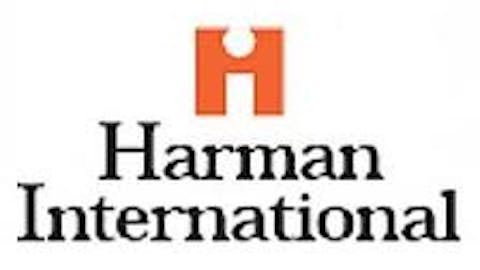The StressTest column appears every Thursday on Fool.com. Check back weekly and follow @TMFStressTest.
Over the past year, we’ve witnessed quite a run in the stock market. The S&P 500 (INDEXSP:.INX) is up 21%, the Dow is up nearly 18%, and some individual stocks have just gone bananas — witness Zillow Inc (NASDAQ:Z)‘s 133% run, for example.

For a number of years now, we have been in a remarkable bull market where valuation hasn’t mattered. In fact, I believe that the more investors have focused on valuation in recent times, the worse their returns have been. But this hasn’t been true over longer periods historically, and I certainly don’t think it’s sustainable. While the laws of economic gravity may have been temporarily suspended, I do not believe that they have been fundamentally altered.Don’t get me wrong — I’m a big believer in the ways that the Internet (and other technologies), improved access to capital, better management techniques, etc., have positively and permanently affected the economy. Nor am I the type of value investor who thinks that anything trading above 20x trailing earnings is overvalued. I simply believe in the universal, fundamental truth that the value of a company (and therefore a fractional ownership stake in that company, which is, of course, a share of its stock) is worth no more and no less than the future cash that can be taken out of the business, discounted back to the present.
Thus, the importance of Tilson’s message.
When done right, the how’s of the valuation question aren’t — as Tilson noted — simple, single-number pass/fail calculations. With that in mind, here’s how he said he thought about valuation in practice:
The beauty of valuation — and investing in general — is that, to use Buffett’s famous analogy, there are no called strikes. You can sit and wait until you’re as certain as you can be that you’ve not only discovered a high-quality business, but also that it is significantly undervalued. Such opportunities are rare these days, so a great deal of patience is required. To discipline myself, I use what I call the “Pinch-Me-I-Must-Be-Dreaming Test.” This means that before I’ll invest, I have to be saying to myself, “I can’t believe my incredible good fortune that the market has so misunderstood this company and mispriced its stock that I can buy it at today’s low price.”
Do these kinds of valuations exist today? I believe they do. American International Group Inc (NYSE:AIG) has made an impressive amount of progress in repairing its business, and at a book-value multiple of 0.74, I don’t think the market is giving the company nearly the credit it deserves. Likewise with JPMorgan Chase & Co. (NYSE:JPM). Its performance has set it apart as one of the premiere big banks in the world, but regulatory and backward-looking London Whale concerns have kept the valuation at an attractive level.





